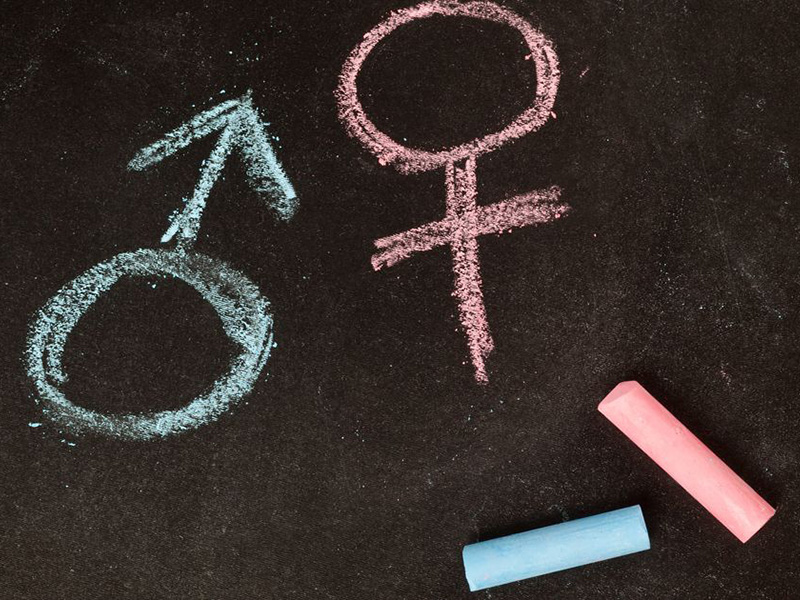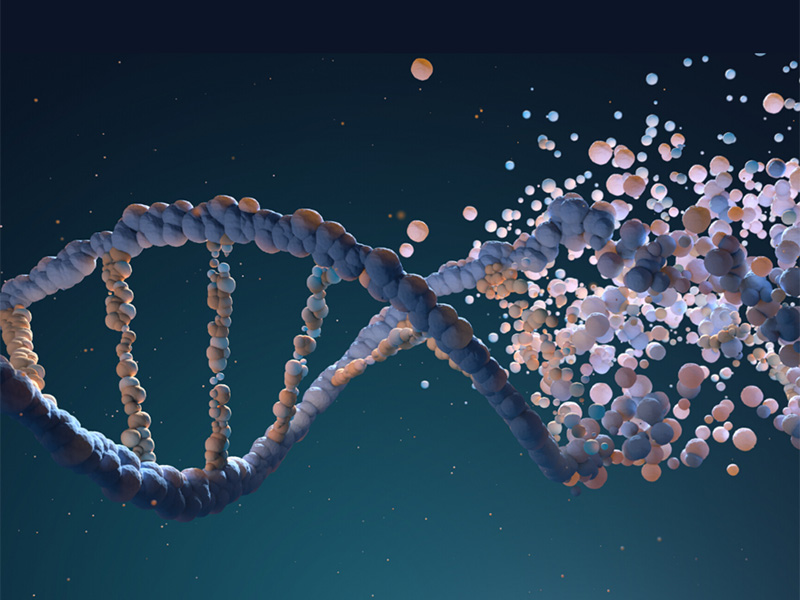Increasing the pregnancy chances during summer

Summer holidays: Dealing with your period
June 20, 2019
THE AGE OF FATHER PLAYS A VITAL ROLE IN IVF ACCORDING TO BRITISH SCIENTISTS
July 26, 2019
Many couples manage to achieve a pregnancy during summer, especially in their holidays when they relax.
A survey by the European Society of Human Reproduction and Embryology (ESHRE) showed that women who underwent infertility treatments and were exposed more to the sun a month before going to IVF, had 30% higher pregnancy rates. The scientific team has attributed the findings to increased production of vitamin D and melatonin due to sunshine. Both of these substances play a vital role in regulating the reproductive cycle. Vitamin D is a key driving force for the production of reproductive hormones. Results of many studies confirm the role of vitamin D in the development of Polycystic Ovary Syndrome. More specifically, studies have shown that vitamin D levels in women who do not experience fertility problems are much higher, compared to women diagnosed with the Polycystic Ovary Syndrome. In addition, this vitamin activates the Anti-Miller Hormone – or Hormone of Fertility – which is a prognostic indicator of ovarian function, but also enhances the production of good quality eggs, thus facilitating later implantation in the uterus.
It is important to mention, in addition, that good levels of vitamin D in the human body increase the chances of a successful attempt to treat assisted reproduction. Vitamin D strengthens progesterone but also optimizes estrogen levels, hormones essential to the reproductive health of women.
In men, vitamin D improves the sperm’s mobility, count and morphology. It also increases testosterone levels and activates libido. In a study, conducted at the University of Copenhagen involving 300 men, 44% of them had low levels of vitamin D. Volunteers with the lowest levels also had the poorest sperm quality. It is also believed that vitamin D contributes to the good absorption of calcium, which plays a key role in the mobility of sperm (source Greenmed.gr, 2009).
How to boost my fertility?
Before you start trying for a child, you need to be sure that your health is good enough to meet your pregnancy requirements.
Vitamins
Adopting a healthier lifestyle and taking special vitamins for this purpose (with an emphasis on the folic acid that reduces the possibility of abnormalities in the fetal neural tube) will help!
Daily exercise
Research has shown that women who exercise daily increase their chances of conceiving. A light daily exercise makes the woman more vulnerable, healthy and fertile, thus significantly reducing the chance of an infertility problem.
Increase in fiber and iron intake
According to researchers at Harvard University, a diet enriched in fiber and iron enhances the reproductive function and increases fertility levels in the couple.
Balanced nutrition
Although it is self-evident that healthy eating is vital for a successful pregnancy and a healthy baby, many people are unaware that diet can help balance hormones and therefore a couple’s ability to conceive. There are also some foods and beverages known to reduce fertility.
What can I avoid to boost my fertility?
Alcohol
Alcohol affects both you and your partner. In fact, drinking alcohol can reduce your fertility by half, making the more alcohol the couple consumes, the harder it is to conceive. A study showed that women who drank less than 5 units of alcohol per week (equal to five glasses of wine) showed a double chance of getting pregnant within six months compared to those who consumed the most.
Research has also shown that drinking alcohol causes a reduction not only in the number of sperm but also in their mobility. Alcohol also inhibits the absorption of nutrients in the body, such as zinc, which is one of the most important minerals for male fertility.
As difficult as it may seem, you should eliminate alcohol from your diet for at least three months to give yourself the best possible chance of conceiving.
Caffeine
There is a lot of evidence that caffeine, especially in the form of coffee, reduces fertility. Drinking just one cup of coffee a day can halve the chances of getting caught and just two cups a day even increase the risk of miscarriage.
Which are my fertile days?
Menstruation is a perfectly normal part of a woman’s life as it is a series of changes that take place in the woman’s body, which are going on to prepare for the possibility of pregnancy. The normal menstrual cycle contributes significantly to the physical and mental health of the woman. You want to have a child and this thought dominates your mind. “How easy is a natural conception?” “What success rates do I have in the first attempt?” “Can I get pregnant naturally?”
The first day of the cycle coincides with the first day of menstruation (normal flow – red blood). In the pituitary gland, FSH (follicle-stimulating hormone) secretion has already begun, which acts on the ovaries, promoting follicular maturation a month. A final follicle will mature and lead to ovulation. With the release of the egg, the empty follicle, the corpus luteum, begins to secrete a hormone, called Progesterone, to prepare the endometrium for eventual implantation. In these days only opens the so-called “implantation window” and the endometrium becomes receptive to the fetus in case of conception.
The fertile days of a woman, the days that are most likely for conception, depend on the woman’s cycle. If a woman has a fixed cycle (circle of approximately 28 days), she may find her ovulation day counting 14 days before her next bout (1st day is considered the 1st day of red blood flow) and the fertile days are two days before the expected ovulation and two days later.




